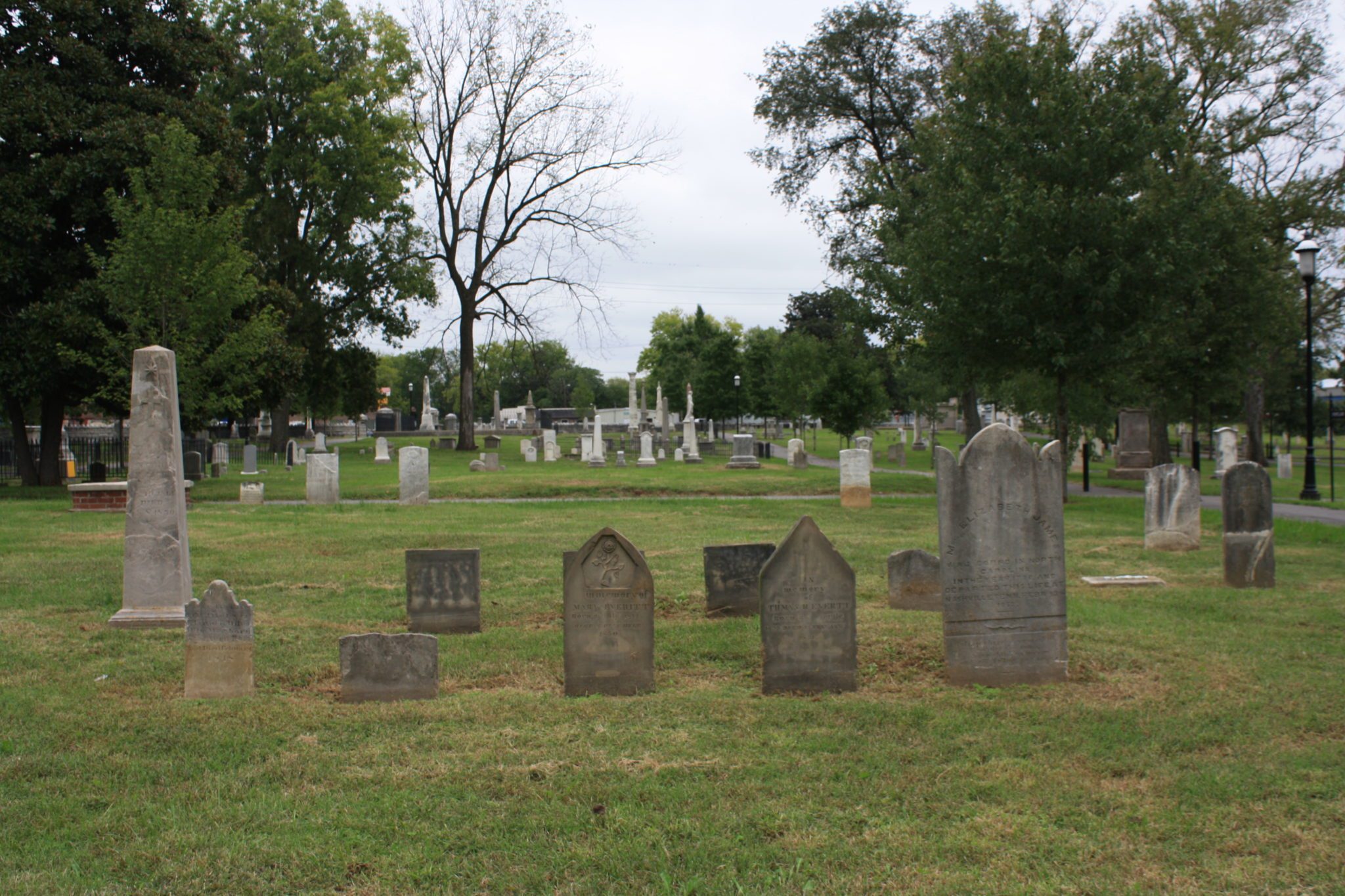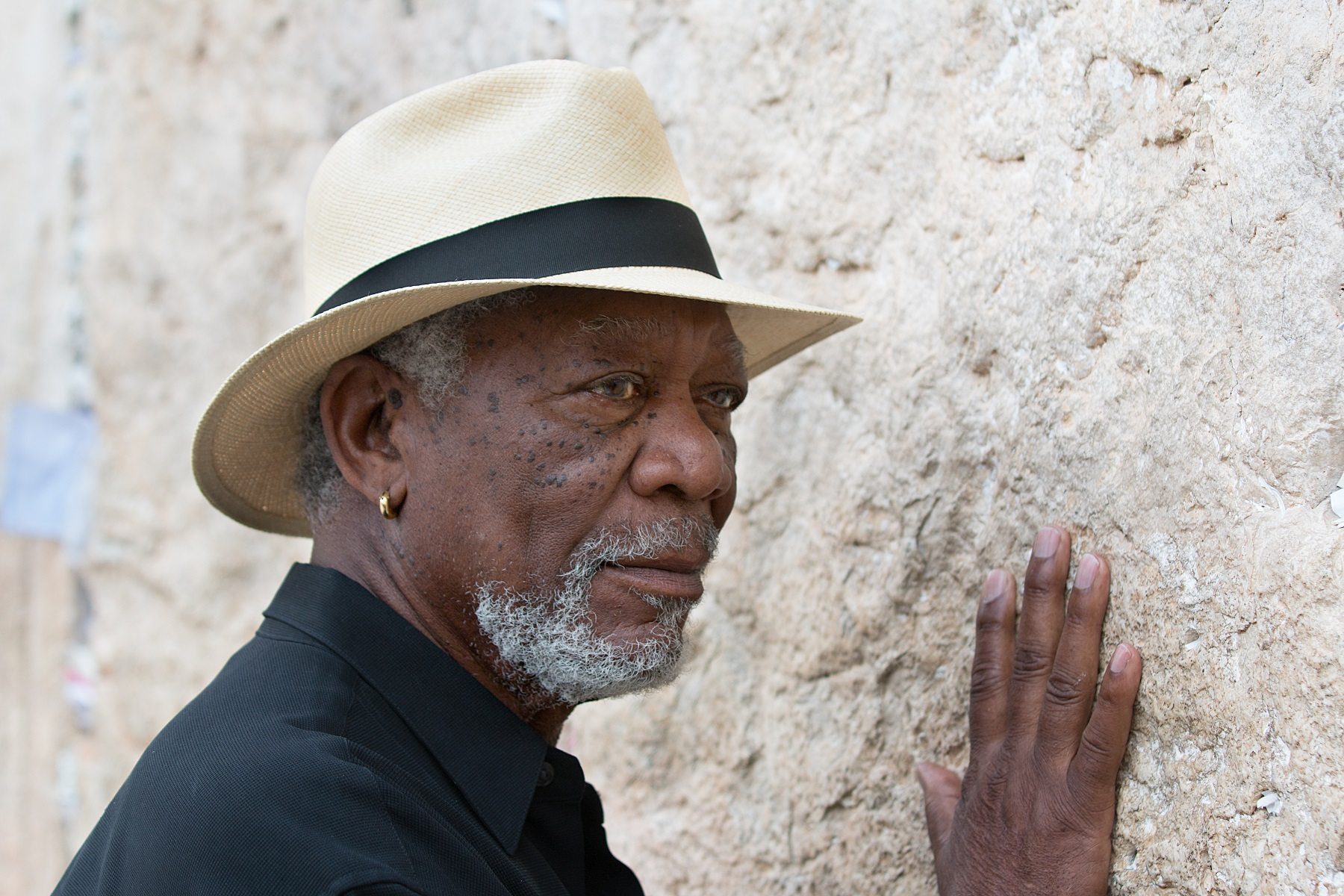
The Offerings of Death: The Story of God with Morgan Freeman (Ep. 1)
Death and the afterlife are two things we?re going to have to deal with at some point. Why not talk about them?

Death and the afterlife are two things we?re going to have to deal with at some point. Why not talk about them?

James Younger’s latest endeavor, ?The Story of God with Morgan Freeman,? is ambitious?a worldwide journey to see how faith has shaped our lives.